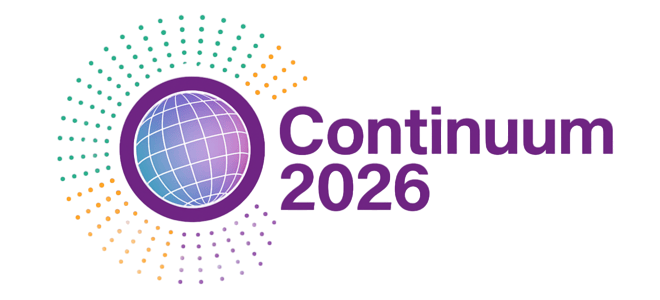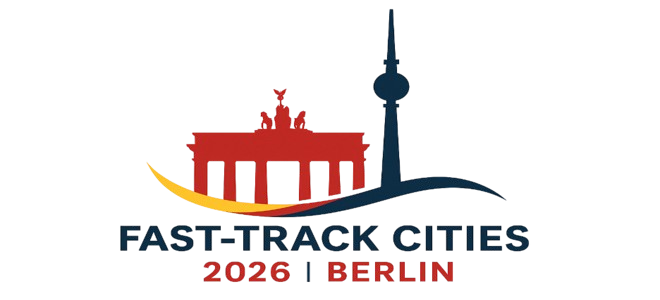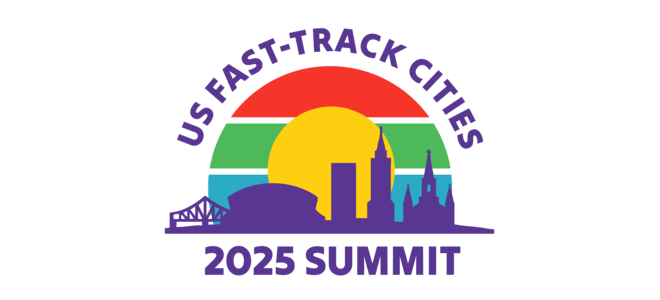World AIDS Day 2025: A Moment of Reckoning and of Resolve
By Dr. José M. Zuniga
Each year, World AIDS Day invites the global community to reflect on progress, confront persistent gaps, and recommit to ending AIDS as a public health threat. But this year’s reflection is marked by an unmistakable tone of alarm. The newly released UNAIDS 2025 World AIDS Day report delivers a stark message: Our hard-won gains are under threat, and the world is not on track to meet its commitments.
The report outlines a convergence of financial, political, social, and structural crises that are undermining the stability of HIV responses worldwide. HIV funding is shrinking at the very moment global needs are expanding. Key populations continue to be marginalized, criminalized, or excluded from essential services. Prevention efforts are undercut by service disruptions and growing inequities. And political pressures in several regions are weakening the foundations of community-led and rights-based responses.
This year’s World AIDS Day theme, “Overcoming Disruption, Transforming the AIDS Response” resonates because disruption has become the defining feature of the global health landscape over the past year felt through a series of shocks, including policy shifts and funding retrenchment. But the report wisely emphasizes that disruption can be dual-edged: it is a threat, but also an opportunity for transformation if we choose to act with urgency and purpose given the fragility of progress we have made collectively over four decades.
The UNAIDS report underscores several troubling trends. Funding shortfalls – measured in the billions – have real consequences. Across low-. middle-, and high-income countries (USA writ large), these gaps translate into reduced outreach, insufficient commodities, fewer providers, and weakened community systems that are already strained. Service disruptions are rippling across the HIV care continuum. Interrupted treatment, delayed diagnoses, and reduced viral load monitoring are fueling preventable morbidity and mortality. These gaps undermine the very foundations required to achieve the UNAIDS 95-95-95 targets and the HIV-related Sustainable Development Goals (SDGs). The report also calls attention to environments where stigma, discrimination, and criminalization have intensified. These conditions not only violate human rights, but they also drive people away from the very services that could save their lives.
Amid these warning signs, the report reaffirms an enduring truth: communities remain the backbone of successful HIV responses. Yet community-led systems are increasingly expected to do more with less. The global community must reverse this trajectory by restoring and protecting the resources, political space, and autonomy needed for community leadership to flourish. This is especially true in the world’s cities. Urban areas continue to bear a disproportionate share of the global HIV burden, as well as the intersecting challenges of poverty, housing insecurity, gender-based violence, substance use, mental health conditions, and climate-related impacts. Cities are where progress is made or lost.
Across IAPAC and the Fast-Track Cities network, we see daily examples of how city leaders, public health systems, and communities can accelerate or revive progress through integrated, equity-driven responses. Data transparency, targeted interventions, community-centered prevention, and innovation in service delivery are proving that urban leadership is indispensable. But cities cannot lead effectively if global and national systems withdraw support. We must strengthen rather than erode the enabling environments that have helped more than 550 Fast-Track Cities worldwide make measurable gains against HIV and other communicable and non-communicable diseases.
World AIDS Day 2025 must serve as a turning point. With less than five years remaining to achieve the health-related SDGs, the global community is out of time for incrementalism. The UNAIDS report calls for boldness, accountability, and sustained political commitment. These three principles must sit at the heart of every national, subnational, and global HIV response. At IAPAC, our focus remains clear:
- Protect and expand community-led responses, ensuring they remain properly resourced and central to decision-making.
- Strengthen integrated health systems that address HIV alongside comorbidities, mental health, and noncommunicable diseases.
- Ensure access to prevention, testing, treatment, and care, regardless of geography, gender identity, socioeconomic status, or legal environment.
- Champion data transparency and accountability, enabling cities and countries to track progress, identify disparities, and act on evidence.
- Mobilize political will to restore funding levels and reaffirm the imperative of a rights-based, people-centered HIV response.
World AIDS Day is, more than anything else, a call to courage. Courage to tell the truth about the fragility of our progress. Courage to confront stigma and discrimination in all their forms. Courage to demand that political leaders honor their commitments. And courage to reimagine what an equitable, integrated, resilient HIV response must look like for the next generation.
The UNAIDS 2025 World AIDS Day report does not ask us to despair. It asks us to act. It asks us to stand together – cities, communities, clinicians, advocates, policymakers, and people living with HIV – and to transform disruption into momentum. This is our moment to overcome disruption and transform the AIDS response. Not for the few, but for all of us.
Dr. José M. Zuniga is President/CEO of IAPAC and the Fast-Track Cities Institute.
Click here to read the UNAIDS report, “Overcoming Disruption, Transforming the AIDS Response.”
View Dr. José M. Zuniga’s World AIDS Day message:





